Gut Balancer - Affect on microbiome with abrupt diet change
QUESTION: Does yeast supplementation have a beneficial effect on equine fecal microbial populations following abrupt dietary changes?
Abstract presented by Anna Garber and Prof Jo-Anne Murray, University of Glasgow, at the Equine Science Society conference in North Carolina, June 2019
Available at https://www.sciencedirect.com/science/article/pii/S0737080619302072
Background
- Abrupt dietary change can affect the fecal microbial population (microbiome) and can increase the risk of colic and laminitis1-3.
- Better understanding of this microbial population may help to prevent gastrointestinal disturbances.
Aim of Study
To investigate the effect of yeast supplementation on the fecal microbiome during an abrupt change from hay to grass and vice versa.
Study Design
- Randomised = which horses were assigned to be controls or treatment ponies was pre-determined by a random system rather than a person deciding at the time of seeing a horse. This removes bias in the results caused by selecting only certain horses to have a particular treatment.
- Blinded = none of the people assessing the horses knew which horses received the yeast supplement. Blinding removes bias caused by people wanting to see a positive effect with the supplement.
Study Outline
Eight mature Welsh geldings were used in the study, randomly allocated into 4 control ponies and 4 treatment ponies. Before the experiment the ponies were kept at grass and on day 0 were transferred from grass to hay. The experiment consisted of 3 sequential 14-day periods of feeding hay, then grass, then hay ad lib. All ponies were additionally fed 100g concentrates and 25ml molasses throughout the experiment. Treatment ponies also received 25g of yeast/day as a supplement (Gut Balancer, Science Supplements) which provided 20g of live yeast S. cerevisiae equivalent to 2.1x1011 CFU and 1g of yeast cell walls. Control ponies received no yeast. At the end of first 14-day hay feeding period ponies were abruptly transitioned to grass for 14 days and then back to hay for a further 14 days (Fig 1). Fecal samples were collected on days 1-3, 7 and 14 following each abrupt dietary change and frozen for molecular bacterial identification.

Figure 1: Outline of study detailing diet and interventions of 8 Welsh gelding ponies throughout 3, 14-day roughage feeding periods. ↓ denotes a fecal sample was taken (days 1-3, 7 and 14 following change in diet). Control ponies (n=4) and Treatment ponies (n=4) were fed 0g and 20g yeast respectively.
Results
- Yeast significantly increased the amount of the most abundant bacterial group, Bacteroidetes in periods 1 and 2, which is a group associated with positive energy balance and is known to typically decrease after abrupt changes in diet.
Take Home Message
- Supplementation with Gut Balancer maintained higher levels of Bacteroidetes following abrupt dietary change. This bacterial group is associated with positive energy balance, and is known to decrease after abrupt changes in the diet.
- Feeding Gut Balancer supports a more stable fecal microbial structure.
References
- Hudson et al. Feeding practices associated with colic in horses J Am Vet Med Assoc 2001. 219:1419–1425
- Salem et al. Influence of Feeding Horses a High Fibre Diet With or Without Live Yeast Cultures Supplementation on Feed Intake, Nutrient Digestion, Blood Chemistry, Faecal Coliform Count, and In Vitro Faecal Fermentation. J Equine Vet Sci. 2016. 39:12-19.
- Grimm et al. Effect of yeast supplementation on hindgut microbiota and digestibility of horses subjected to an abrupt change of hays. Livestock Sci. 2016.186:34-40.

